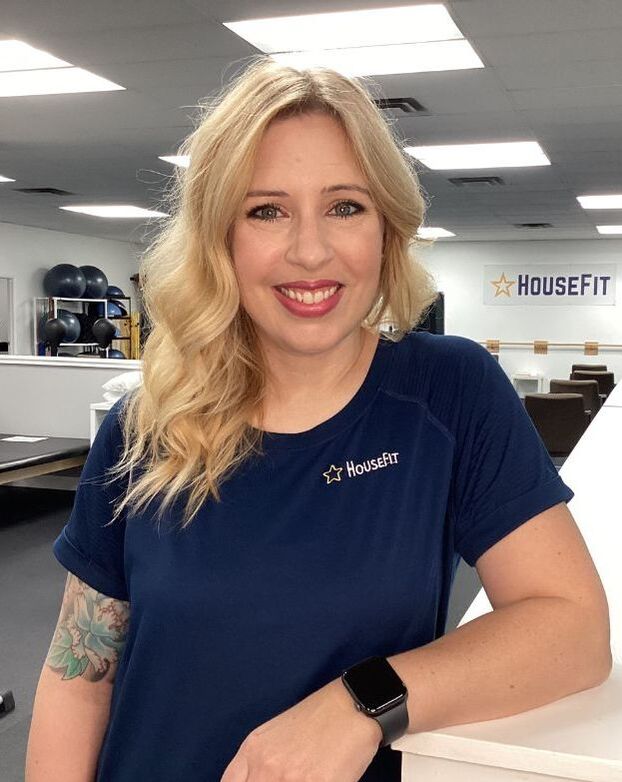 By: Dr. Beth Templin As a child, or perhaps as you were raising your own children, you went to a pediatrician for your medical care. Pediatricians specialize in the health and wellness of children. They have received specialized training to diagnose and treat ailments that are specific to children. They know what is normal and what is not normal about development. There are many types of specialists. They have received advanced education and clinical training to be experts in their field. Just as pediatricians are specialists for children, there is a field of specialists for older adults, known as geriatrics. Not only is working with aging adults a specialty practice area for physicians, it is also a specialty practice area for physical therapists. Healthcare providers who specialize in working with the geriatric population receive additional training in the common issues affecting older adults.
This includes, but is not limited to: medical conditions people commonly face as they age, medications older adults are frequently prescribed and special considerations when it comes to challenges they are facing in their day to day lives. A geriatric specialist will look at you with a different perspective and knowledge base than a healthcare provider who doesn't have that additional specialty training. You may be wondering if it really matters whether or not you're seeing a geriatric specialist. Unfortunately, many people in the healthcare profession do not have a good understanding of how to work with older adults. They have difficulty taking into consideration how multiple medications and medical issues compile with each other to complicate and make the care more complex. They don't really grasp the difference between "normal" age-related changes and what is due to a disease process or deconditioning. A healthcare provider may ignore complaints of symptoms like dizziness because they assume it's a normal part of aging and nothing can be done to improve it. Instead of sending you to a specialist to determine the underlying cause, they prescribe a medication to mask the symptom. If a provider doesn't specialize in geriatrics they may ignore complaints of pain and contribute it to 'old age'. They prescribe pain medications, shots or surgery when they should be recommending exercises to improve joint alignment and to strengthen the muscle support around the joint. The field of physical therapy is no different. There are many therapists out there who don't really understand how to best work with older adults. I can't tell you how many times we've heard that a client's concerns were dismissed by other providers just because of their age. They have been told some of the declines they are experiencing are just a part of getting old, when in reality there are interventions we can perform to improve their symptoms, improve their health and independence. So if you have been told that the declines you're experiencing are due to your age, it may be time to seek out a geriatric specialist. You'll find that it can make all the difference! Comments are closed.
|
AUTHORDr. Beth helps adults 55+ maximize their independence and fitness, so they can continue to enjoy a full and active life. Archives
July 2024
Categories
All
|


 RSS Feed
RSS Feed
